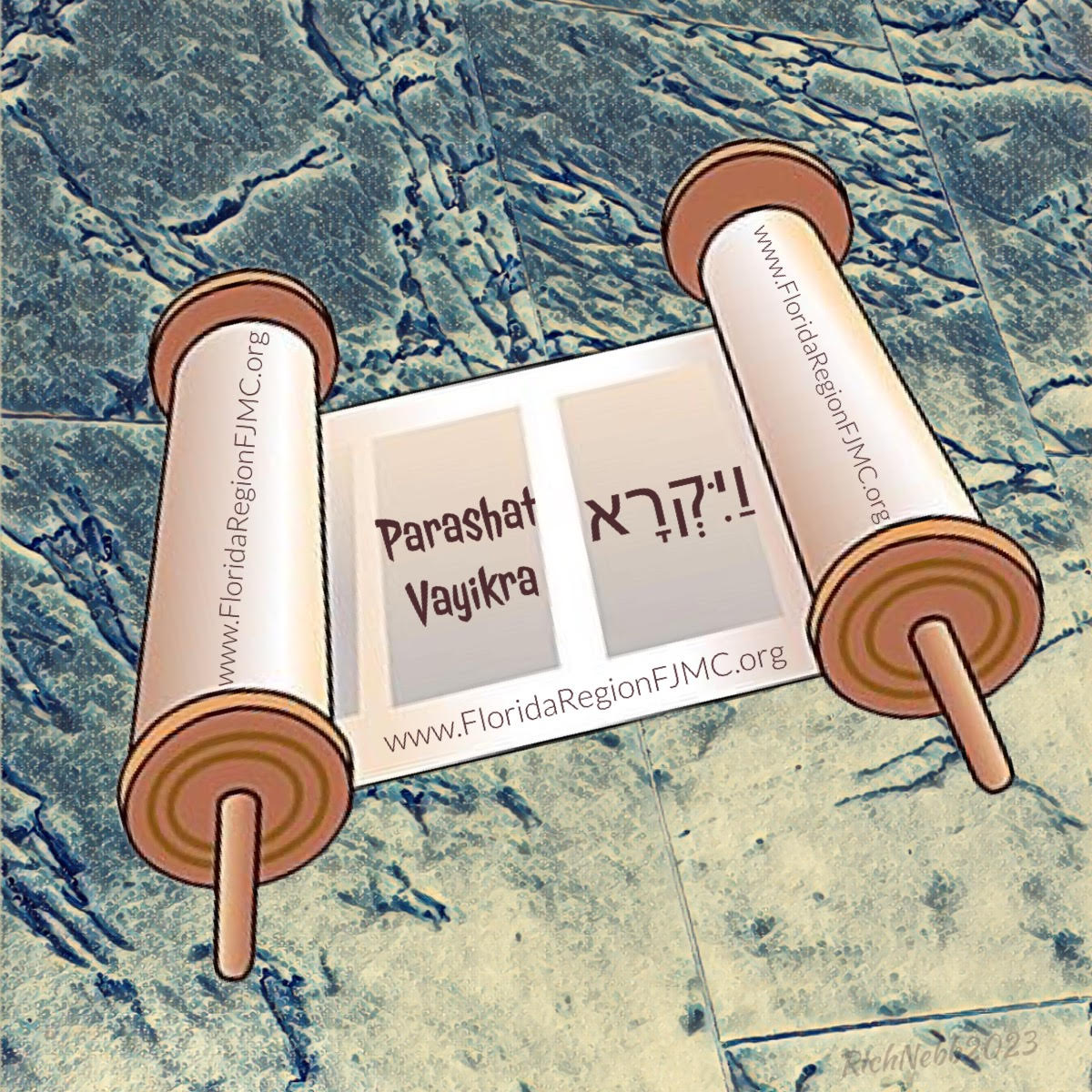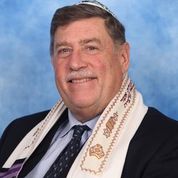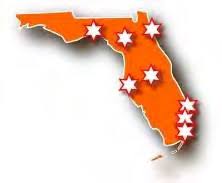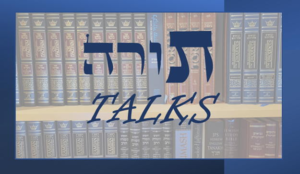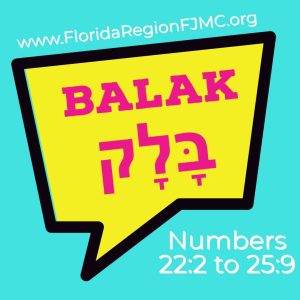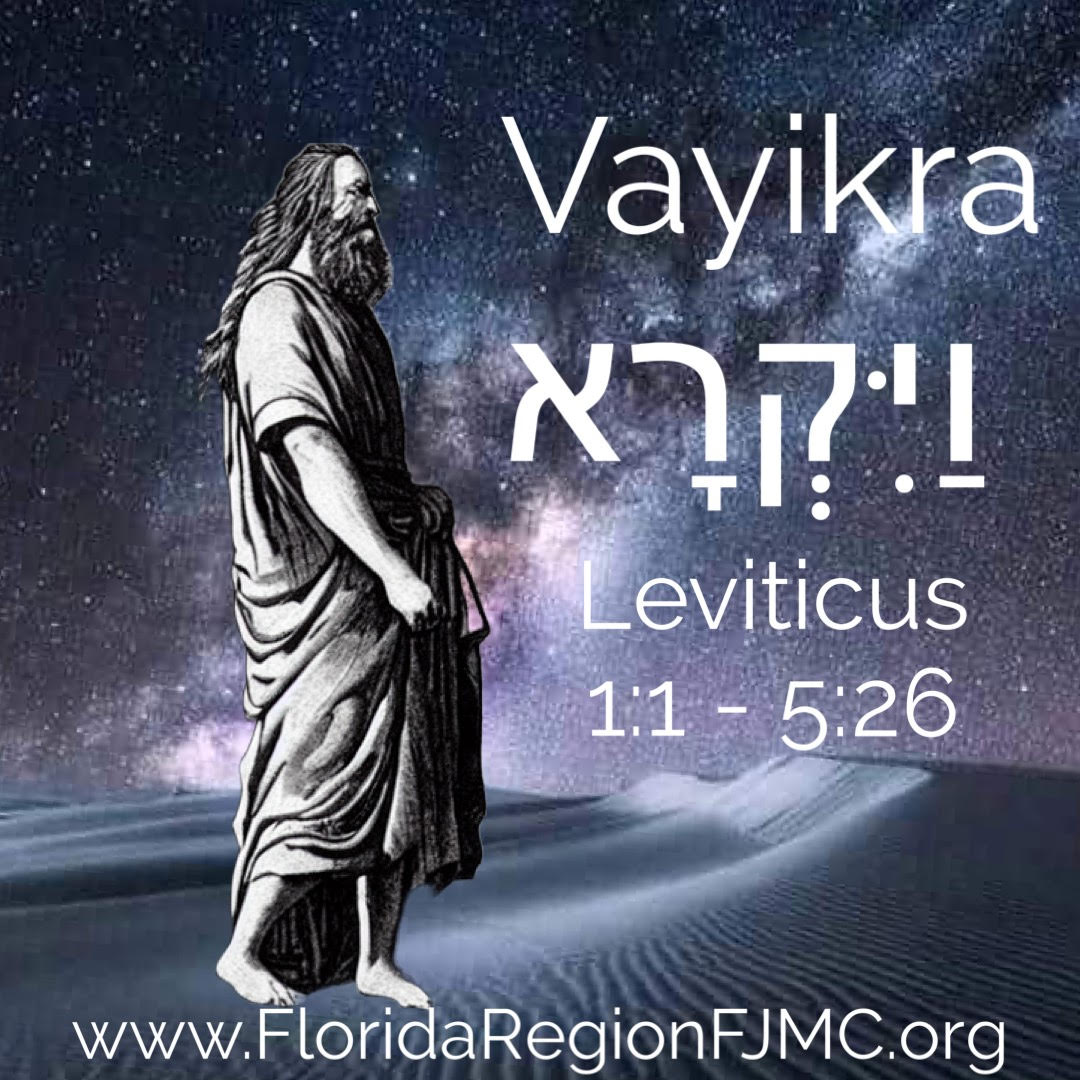
When you Choose Shabbat, you choose to learn that every Shabbat is different and special. This week I learned that Parashat Vayikra (וַיִּקְרָא) is the 24th weekly Torah portion in the annual cycle of Torah readings as well as the first reading from the Book of Leviticus (1:1 – 5:26).
According to Wikipedia, Vayikra (וַיִּקְרָא), contains 6,222 Hebrew letters, 1,673 words, 111 verses and makes up 215 lines of a Torah scroll – the most letters and words of any of the weekly Torah portions in the Book of Leviticus. Vayikra discusses details about biblical ritual sacrifices such as burnt offerings, meal offerings, sacrifices of well being, guilt offerings and sin offerings.
Rabbi Michael D Klein of Temple Torat Emet offers his insights on this week’s Torah reading, Vayikra for Shabbat March 23, 2024 aka 13 Adar II 5784:
“This Shabbat begins chapter 3 in the Torah- Leviticus, and is also designated as the special Shabbat before Purim – Shabbat Zachor. This Shabbat special reading recalls the unprovoked vicious attack by Amalek upon our people as we exited Egypt. Likewise, we are still dealing with the horrific attack by Hamas on the Kibbutzim and Moshavim in Southern Israel and the murder and brutality against our people which occurred on Simchat Torah of this year.
The Torah portion Vayikra enumerates the 5 categories of individual Korbanot offerings which may be brought to the Temple:
- Olah- consumed entirely by fire on the altar
- Mincha- modest offering of flour
- Shelamim- Peace offering which also includes Korban Todah thanking G-d for joyous occasions or appreciation of heavenly gifts
- Chattat- Sin offering brought for atonement for sins committed knowingly and intentionally
- Asham- Guilt offering brought if one unintentionally committed an improper act or feels guilty about possible doing or saying something which caused harm to others.
How can we even begin to comprehend the vicious and violent acts of anti- Semitism which have occurred throughout our history against the backdrop of the Korbanot? We must realize that the actions of ancient and modern Hamans and Amaleks are the will of evil people and not the will of G-d. Evil exists in the world because individuals and governments refuse to accept that there is a higher law in the world than the whim or desires of those who seek to impose their evil will upon others.
The Korbanot represent the willingness of our people to accept responsibility for our actions contrary to what occurs in the world at large. As long as we are willing to strive for a better world, there will always be those who refuse to accept the consequences of their evil deeds and words.
We must never complacently accept evil in the world but must constantly be willing to confront those who represent it. We read on Yom Kippur, “G-d does not desire the death of the sinner, only that he repent from his/her evil ways”. Our responsibility is to constantly make the world aware of the evil that thrives in complacency and to constantly examine and be mindful of our own words and deeds as an example to others!
As we prepare for the Holiday of Purim, let us remember Mordechai’s lesson. If people are willing to sacrifice for their ideals and commit themselves to doing Mitzvot, evil will never triumph.
Questions to Discuss:
1. The opening word of Vayikrah is written with a small letter Aleph. Give 2 reasons why this is so?
2.How much flour was given in the Meal Offering? How is this connected to the story of Purim?
3. Which ingredient must be added to every Korban? Why?
4. If a wealthy person becomes poor, is he still required to bring a Korban as if he was still wealthy?”
Rabbi Michael D. Klein attended Yeshiva College of South Florida and served as Torah Reader, Hebrew teacher, Chazzan and spiritual leader of various synagogues throughout South Florida. In January 2015 he became Ritual Director, Bnai/Bnot Mitzvah instructor and 7th grade Hebrew instructor for Temple Torat Emet of Boynton Beach. In October 2019 he was accepted into an accelerated track and received his shicha from Yeshiva Adath Wolkowisk and has been the Rabbinic leadership of Temple Torat Emet since August 2020. In September of 2022 he was appointed Rabbinic and Spiritual Advisor of the Florida Region of FJMC.
Choose Shabbat; choose to celebrate, to light candles, sing songs and learn a little Torah.
This moment of Jewish Learning is brought to you by the Florida Region of the Federation of Jewish Men’s Clubs (FJMC). We are part of a confederation of over 200 Jewish Men’s Clubs and Brotherhoods representing over 20,000 members across the United States, Canada, Latin America, and beyond. Learn more about how your Jewish Men’s Club or Brotherhood can affiliate with the FJMC at: https://fjmc.org/for-clubs/affiliating-with-the-fjmc/.
The Florida Region of FJMC serves the needs of affiliated Men’s Clubs and Brotherhoods throughout the State of Florida. Get to know more about the FJMC Florida Region and our growing network of Jewish Men’s Clubs and Brotherhoods at www.floridaregionfjmc.org and please visit and LIKE our Florida Region FJMC Facebook Group at www.facebook.com/FloridaRegionFJMC.





